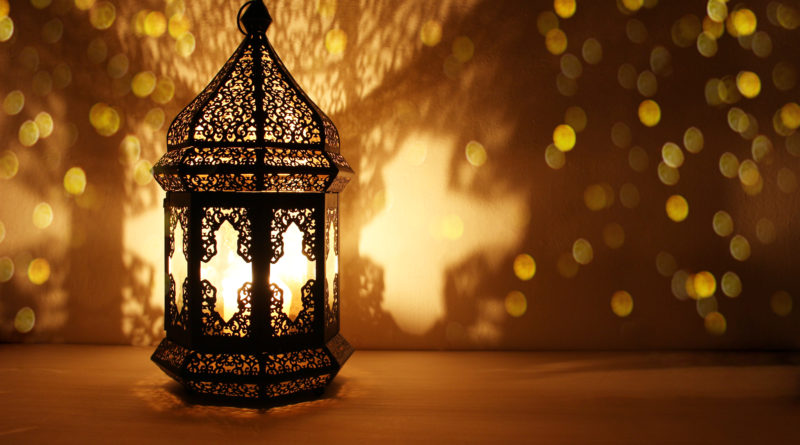Ramadan Begins Today: Four Things To Know
8,090 total views, 1 views today
Today marks the start of the Muslim holy month known as Ramadan. During this month, Muslims celebrate God’s delivery of the Quran’s first verses to Mohammed, the high prophet of Islam. Although one in every five people is Muslim, many Americans know little about Ramadan compared to major Christian holidays such as Easter and Christmas (and even Jewish holidays such as Passover). Get to know the basics of one of the world’s most widely-celebrated holidays below.
How is Ramadan celebrated?
For the entirety of Ramadan, observant Muslims fast from dawn to sundown. This fasting includes bans on water and even cigarettes. Many Muslims thus wake up before sunrise to eat and drink enough to last a full day of fasting. The intensity of the daily fast is meant to symbolize spiritual discipline, a deep connection with God, and additional prayer and Quran study. Many observant Muslims pray five times a day outside Ramadan.
Outside these changes in prayer and eating, Ramadan is filled with large family gatherings. Ramadan ends with three days of celebrations called Eid al-Fitr, which translates to “the Festival of the Breaking of the Fast.” During these days, extended families gather for massive meals and gift exchanges.
Is fasting absolutely required?
In many Muslim-majority, some, but not all, Muslims fast. There, many people take extra social precautions during Ramadan. In the fully Muslim countries of Saudi Arabia and the United Arab Emirates, any person who eats in public during fasting hours may face legal charges. In Muslim-majority countries such as Indonesia, restaurants will close their windows during daylight hours to hide any eating from public view, and bars and clubs often shut down entirely for the month.
Is Ramadan the same month every year?
Ramadan, as with many holidays across the world’s major religions, does not fall on the same set of dates every year. Observant Muslims follow a lunar calendar with 354 days, rather than the standard Gregorian, 365-day calendar that the majority of the world uses. This 11-day difference between calendar types means that, often, Ramadan is 11 days earlier than it was the year prior.
This 11-day difference is far from insignificant. When it drives Ramadan towards summer, the holiday becomes more challenging to observe. With more sunlight hours in a day, the fasting period lasts longer. Similarly, winter Ramadan fasting is less physically challenging because staying hydrated is much easier in colder weather.
How can non-observers respect observers during Ramadan?
In religiously diverse countries such as the U.S., most Muslims who choose to be in public during Ramadan will not expect non-observers to fast during daytime hours. However, these Muslims may be grateful for people who choose to eat or drink in rooms far removed from them, so that the sights and smells of food don’t make fasting tougher than it already is.
As well, most Ramadan observers will be happy to hear a “Happy Ramadan!” or “Happy Eid!”, but they may prefer the Arabic phrases “Ramadan Kareem,” “Eid Kareem,” “Ramadan Mubarak,” or “Eid Mubarak.” “Kareem” translates to “generous,” and “Mubarak” to “blessed.”
If you celebrate Ramadan, how do you plan to power through the fast? What excites you about this month? Let us know in the comments!

